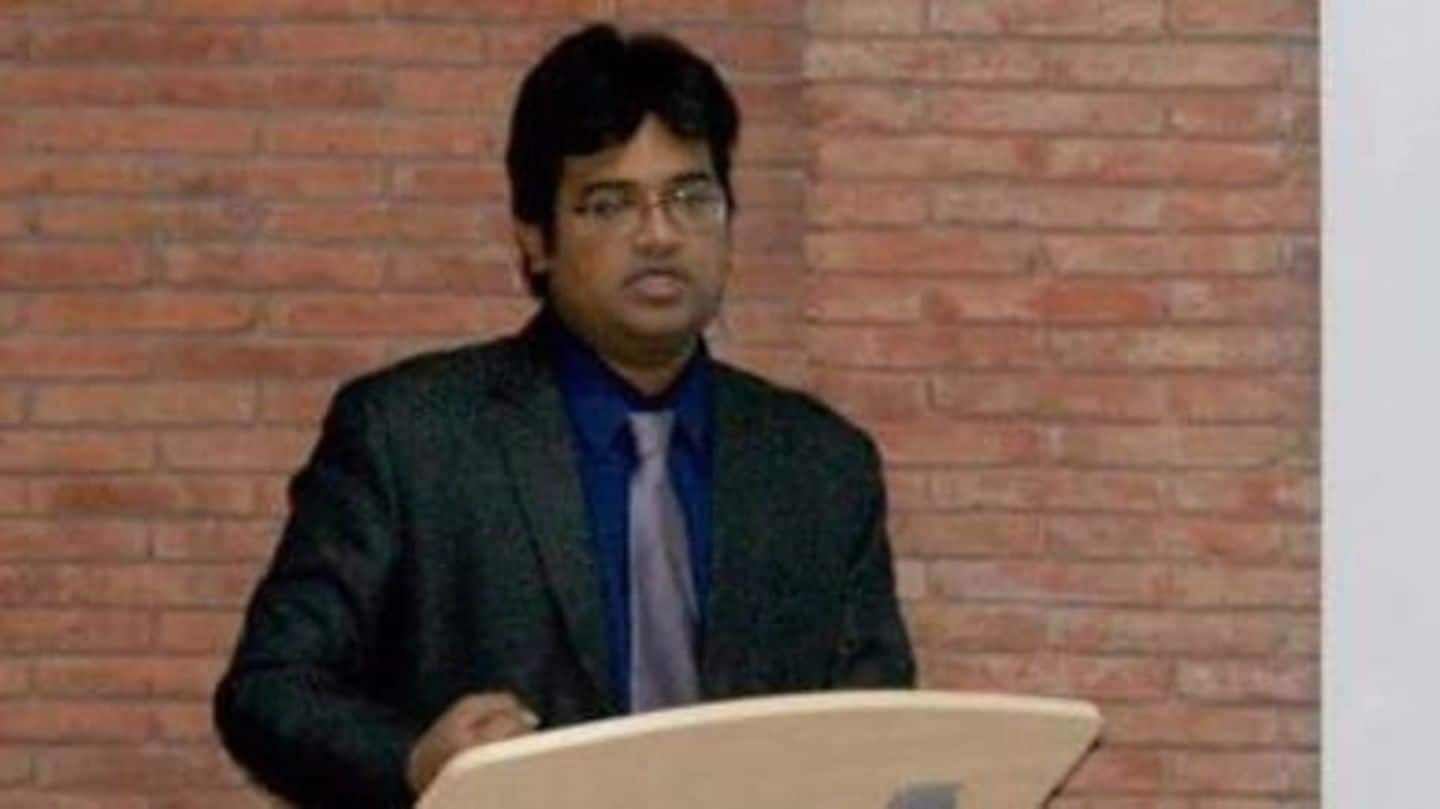
Sports Science for athletes: In conversation with Rishabh Jaiswal
What's the story
Careers of several athletes have been cut short due to injuries. What if there was a way to minimize chances of injuries and to ensure that athletes are in a condition to give their best performance? Sports Science promises just that. We had a chat with Rishabh Jaiswal, Founder of Sporting Ethos (Sports Science & Medicine Centre), to know about the science behind this!
Idea
A concept that is picking up the pace
In India, the concept of Sports Science and Medicine is rather new. In fact, Sporting Ethos was one of the pioneers in this field, when it first started off in 2012. Several athletes are now incorporating a scientific approach in their training regime, finding that the process effectively increases their endurance level, which in turn leads to a longer career.
Infrastructure
Taking things to the next level
Although decent infrastructure and preliminary level of instruction are available in metros and tier 1 cities, there's a dearth of critical nuanced training, which is needed for a sportsman to achieve high performance. Rishabh believes Sports Science is that missing element and should be made available to all athletes. They should be made aware of this practice and adapt it from the very beginning.
Information
Why is it not mainstream yet?
Since Sports Science is still in its nascent stage in India, sometimes getting it across, even to the athletes, is an uphill task. Rishabh says, simplifying the process, in a way that even a layman can understand, is necessary in these cases.
Injury
Prevention is the key
An athlete is no stranger to injuries. There are two broadly classified kinds of injuries in the field of sports- Contact and Non-contact injuries. It's impossible to rule out injury in contact sports. However, the chances and impact of it can be minimized by strength and conditioning, injury prevention, cognitive training and managing recovery. Injury prevention is the most pro-active approach, quips Rishabh.
Mental fatigue
The mental aspect should not be ruled out
Sometimes an athlete recovers from his/her physical injury but the mental fatigue remains. Pushing that athlete back to the field in such a condition will inadvertently affect his/her performance and may even cause another injury in the near future. A scientific approach is capable of identifying and preventing such instances.
Goals
Short-term and long-term goals
Rishabh said, "One of the disciplines in Sports Science is Performance Planning, which is breaking down every aspect of training and performance on a daily, monthly and yearly basis and then dynamically setting short-term and long-term goals to achieve." Athletes and coaches need to have such detailed breakdown of objectives, if they want the performance to be stellar.
Athletes
Promising careers should not "burn out"
There are several young promising athletes out there who are dangerously close to their "burn out" point and have no idea that these scientific methods could actually help them avert the upcoming disaster. This should not be the case. Their training regimen should be conducted in a scientific manner so that they don't burn out and can have a long and fulfilling career ahead.